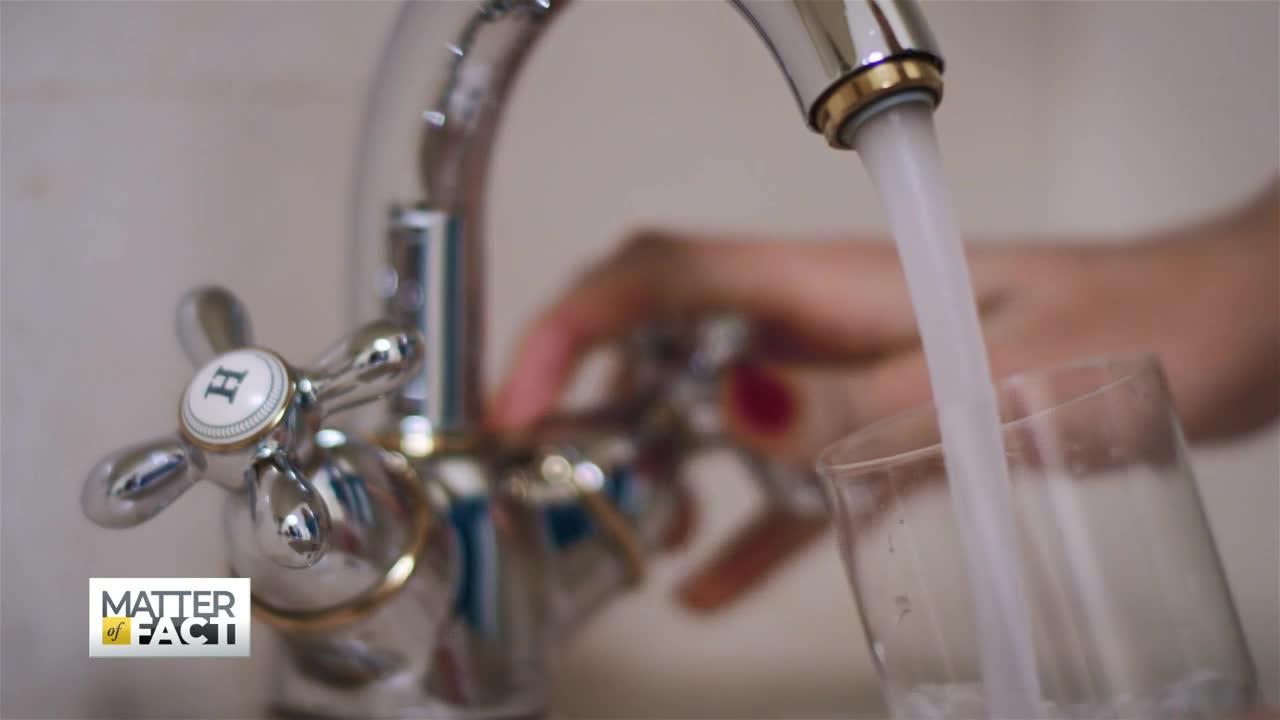
Another Michigan community is out of clean drinking water. Residents of Benton Harbor, a small town less than 200 miles from Flint, are now depending on bottled water for everything from washing the dishes to brushing their teeth. Their tap water is contaminated with high levels of lead and the state says it will take 18 months to replace the pipes. Catherine Coleman Flowers is the founding Director of the Center for Rural Enterprise and Environmental Justice. Soledad talks to her about the thousands of American communities that don’t have access to clean water.
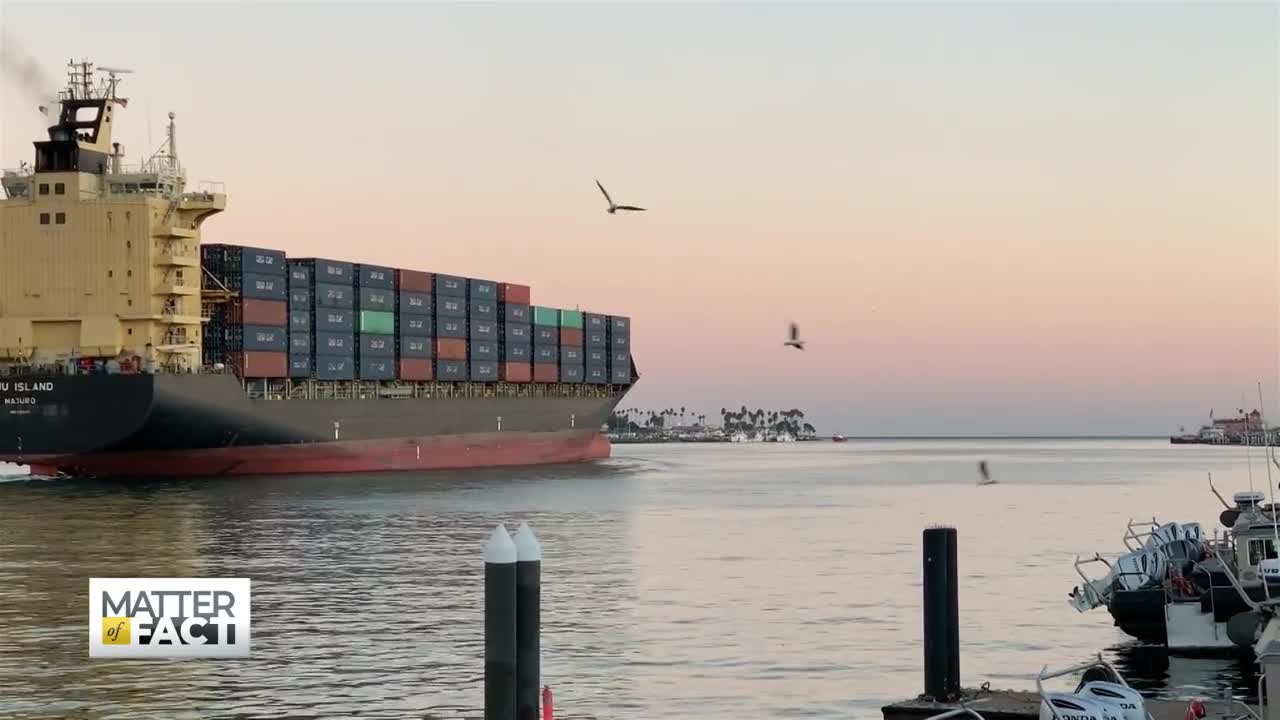
Retailers are struggling to keep up with rising consumer demand. Everything, from food to furniture, is in short supply as businesses scramble to get their goods off container ships and onto increasingly empty store shelves. Right now, dozens of ships full of products are sitting idle off of Southern California’s coastline, waiting to dock. The ports in Los Angeles and Long Beach, California are now trying to overcome a crippling worker shortage by operating 24/7. Together, those two seaports handle 40 percent of marine U.S. imports. Correspondent Dina Demetrius shares the story of one business owner, out of hundreds of thousands, anxiously waiting for his stock to arrive.
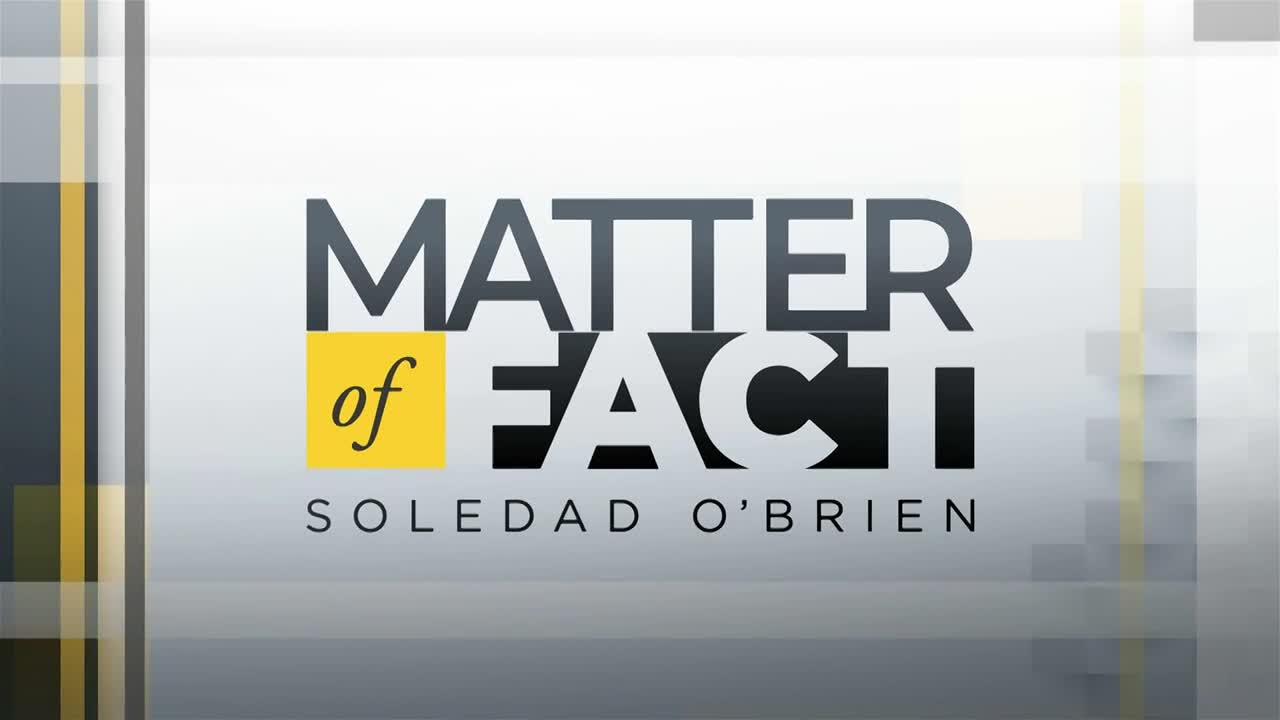
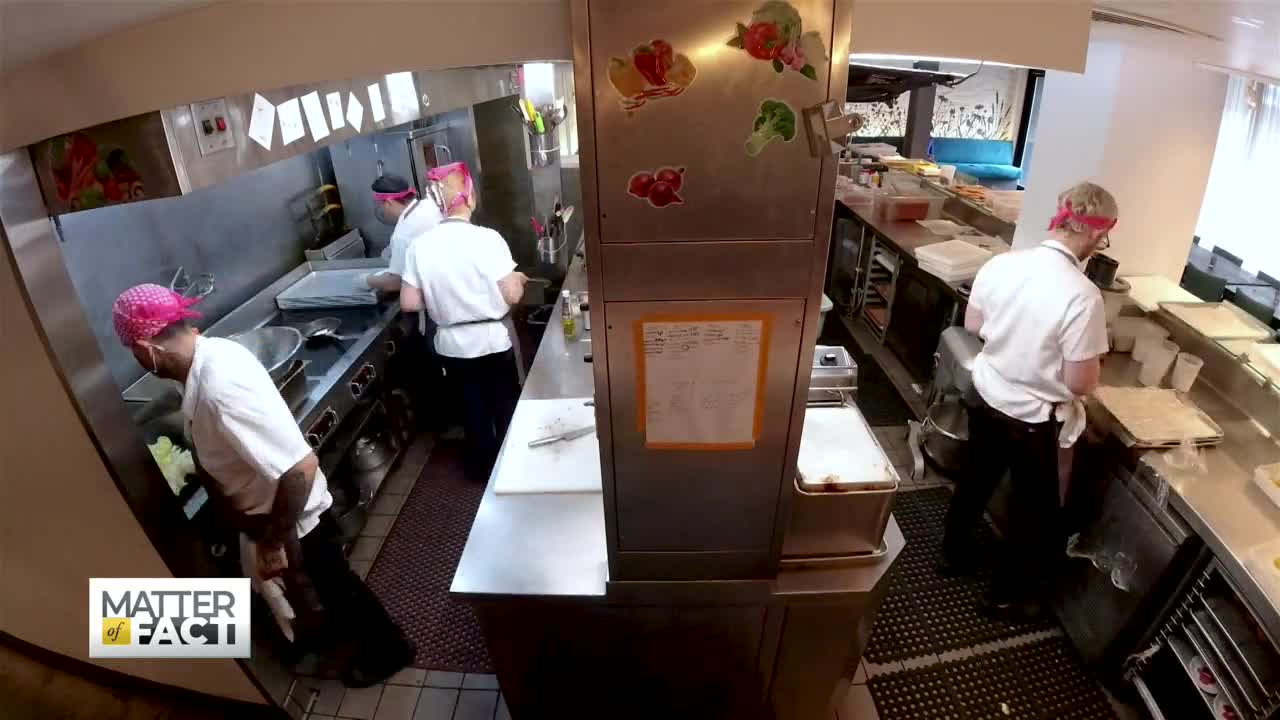
Pandemic restrictions may be easing but U.S. businesses are struggling to get back to normal. Business owners say they can’t find enough workers to actually run the business. Three of out four restaurant operators say recruitment and retention are their toughest challenges. The owner of Dirty Candy in New York City was forced to let go of all her staff at the start of the pandemic. She shares the innovative way she’s making a comeback.
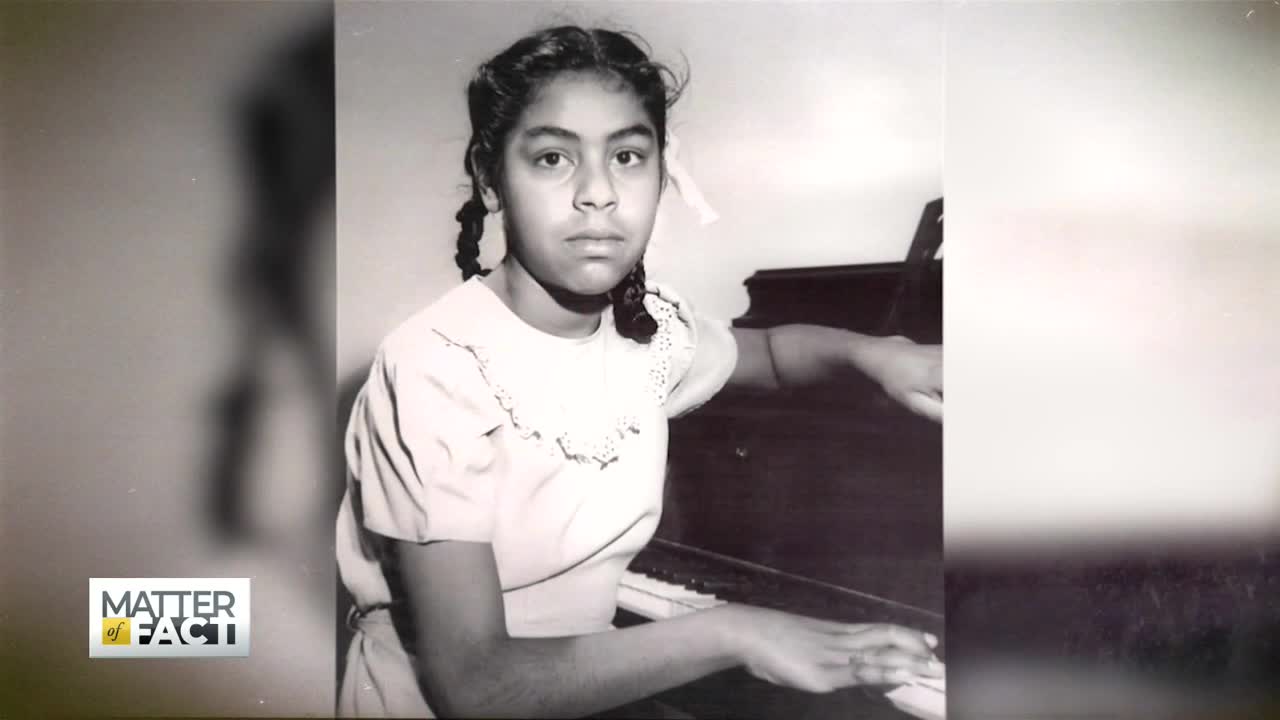
Seven years before the landmark case Brown v. Board of Education, officially ending the doctrine of “separate but equal” in public schools, a federal circuit court in California made its own groundbreaking ruling. Mendez v. Westminster ended with opening the doors of all-White schools to Mexican American students. Then 7-year-old Sylvia Mendez was at the center of that case. Matter of Fact Correspondent Laura Chavez sits down with Mendez as she reflects on her place in history.
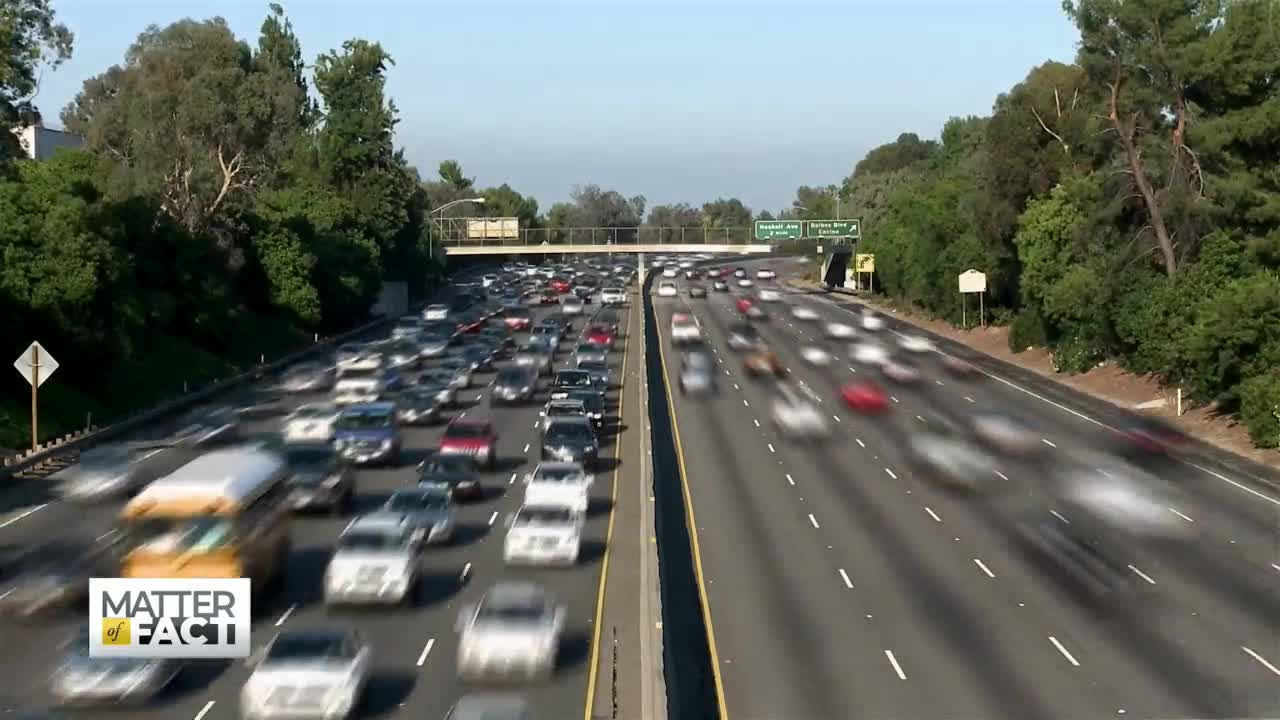
Democratic leaders have been trying to push the President’s $1.2 trillion infrastructure proposal through Congress for months. The Senate passed a bipartisan bill in August, but the legislation is stuck in the House. Progressives are halting progress, saying the proposal doesn’t go far enough, while communities desperately wait for funding. For a conversation on what happens next, Soledad talks to Joseph Schofer, a professor emeritus of civil and environmental engineering at Northwestern University and host of “The Infrastructure Show” podcast.

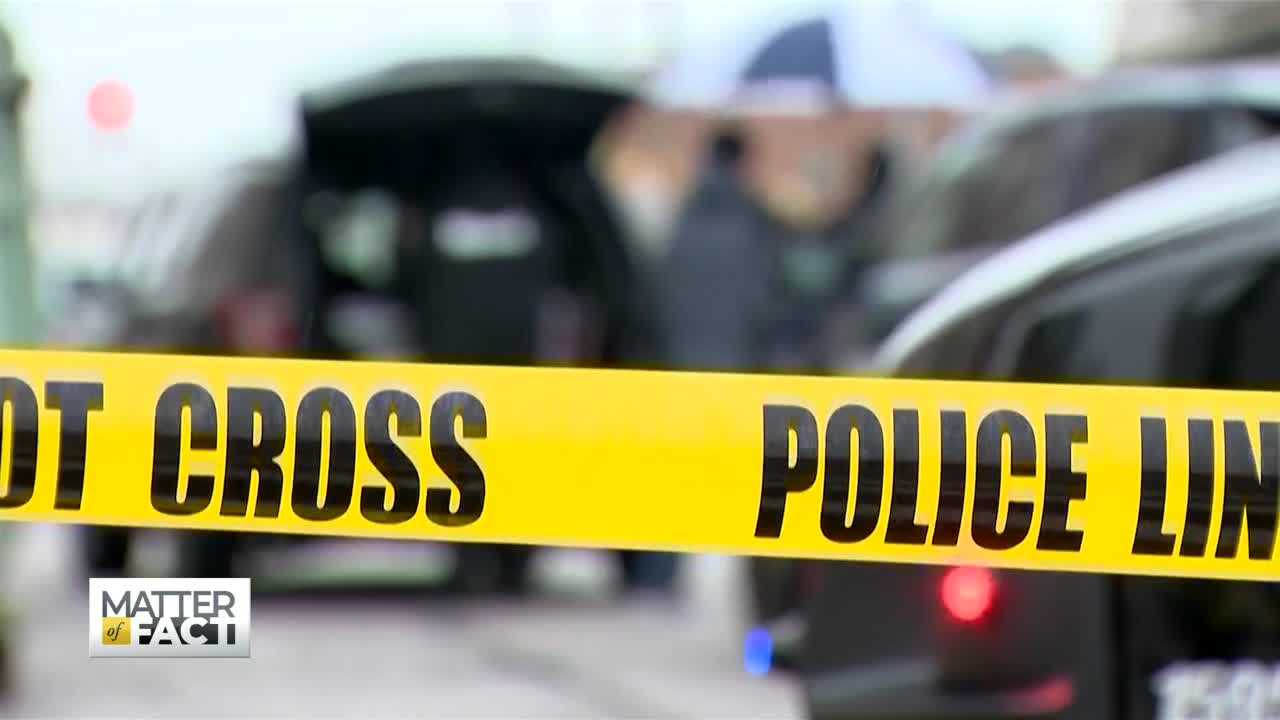
Despite recent headlines announcing a surge in violent crime, the actual data shows a much more nuanced picture. Overall, crime decreased in 2020. The singular outlier was the rate of homicide, which rose about 26 percent. And even that statistic is still far below the peak numbers of the 1990s. Dr. Rashawn Ray is one of the nation’s leading experts on policing and criminal justice reform. Soledad talks with him about what needs to be a part of the discussion when talking about crime.
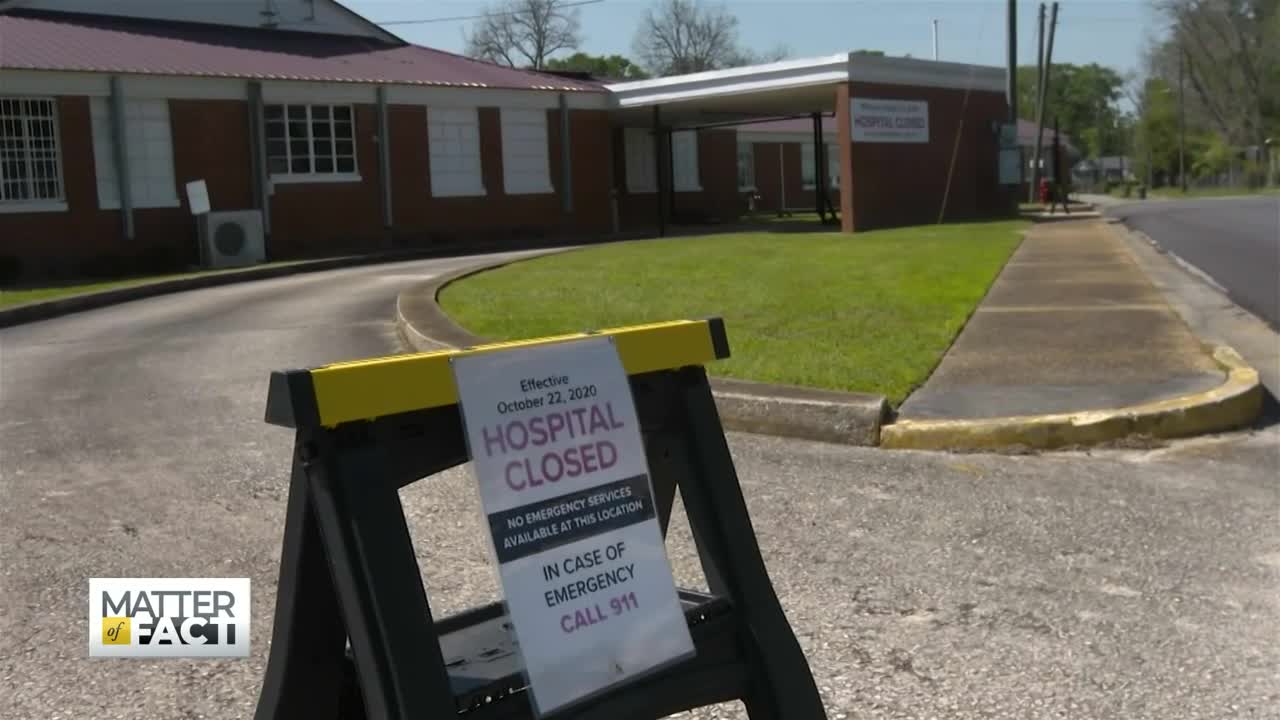
Rural Americans are being hit particularly hard by COVID-19. Since the start of the pandemic, 1 in 434 people living in rural America have died, compared to 1 in 513 in cities. The people in these areas are poorer, older, and less likely to be vaccinated. They also tend to have more underlying conditions and have less access to adequate health care than their urban counterparts. Soledad talks to Dr. Harry Heiman, who has more than 20 years of experience as a primary care physician and teaches public health at Georgia State University.
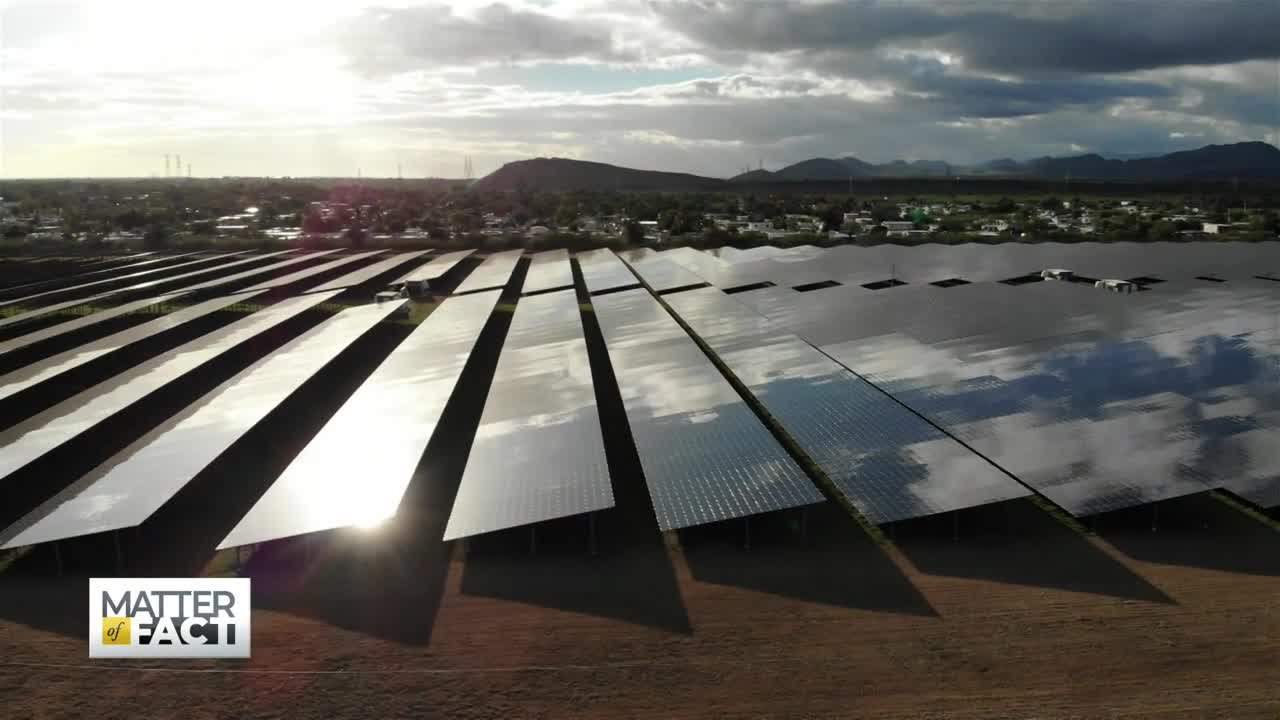
Puerto Rico is still struggling to recover from the devastation left by Hurricane Maria in 2017. The deadly Category 5 hurricane killed three thousand people and knocked the island’s power out for nearly a year. Congress allocated about $63 billion in disaster relief, but little of that has been used to repair the outdated power grid. In the last week, nearly a third of the grid’s customers lost power. In an effort to keep the lights on, many are advocating for a solar solution. We had the chance to see those efforts on the island in 2019.